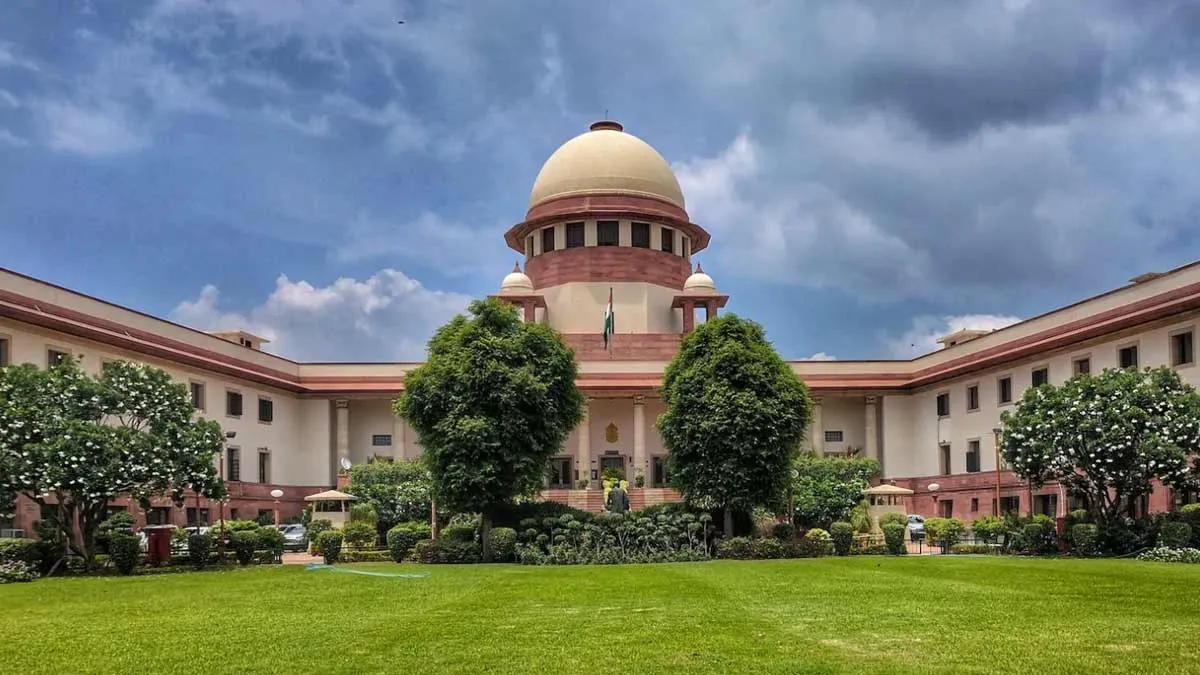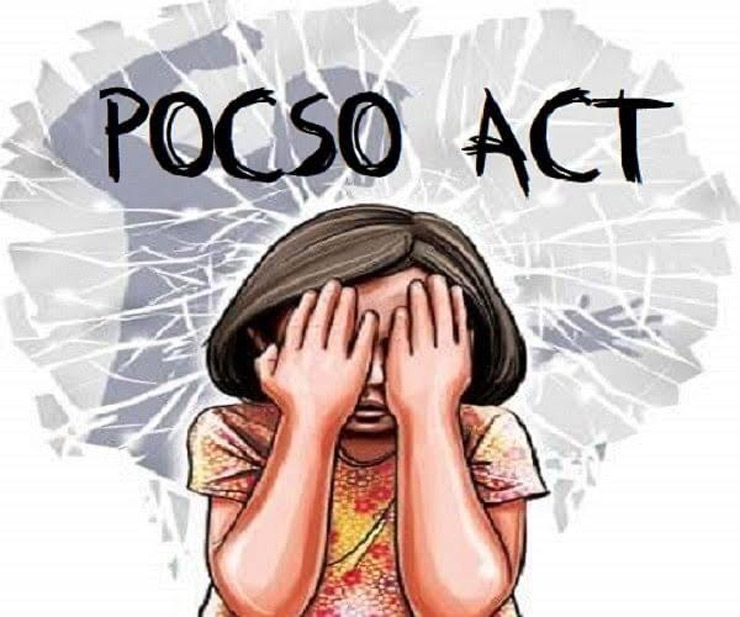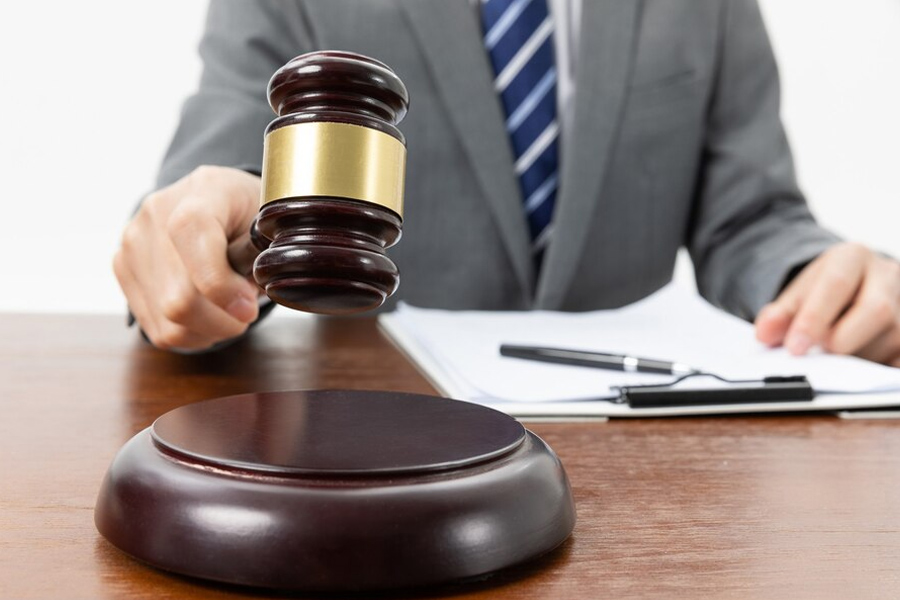
Supreme Court Rules Downloading Child Porn An Offense Under POCSO; Legal Expert Shares Insights
On Monday, September 23, 2024, the Supreme Court ruled that downloading, storing, and viewing child pornography constitutes an offence under the Protection of Children from Sexual Offences (POCSO) Act, overturning a previous decision by the Madras High Court that stated such actions were not punishable. A bench consisting of Chief Justice D.Y. Chandrachud and Justices J.B. Pardiwala and Manoj Misra examined various elements of the Act and concluded that the High Court "committed a serious error in delivering the contested judgement."
Supreme Court Sets Aside Madras High Court Order On Child Pornography
According to a report by Live Law, the Supreme Court on Monday (September 23) reversed a decision by the Madras High Court that said simply storing child pornography without intending to share it wasn't a crime under the Protection of Children from Sexual Offences Act (POCSO Act).
The Supreme Court ruled that if someone fails to delete or report such material, it suggests they intend to share it. The court said, “Even, if the said 'storage' or 'possession' no longer exists at the time of registration of the FIR, nonetheless an offence can be made out under Section 15 if it is established that the person accused had 'stored' or 'possessed' of any child pornographic material with the specified intention at any particular point of time, even if it is anterior in time."

A bench led by CJI D.Y. Chandrachud, Justice J.B. Pardiwala, and Manoj Misra overturned the earlier ruling and reinstated the criminal charges. They noted that the accused's failure to delete, destroy, or report the material showed enough evidence to suggest a guilty state of mind.
The judgement also urged Parliament to “seriously consider amending the POCSO Act to replace the term ‘child pornography’ with ‘child sexual exploitative and abusive material’ (CSEAM) to better reflect the reality of these offences.”
1
2
3
4
Don't Miss: Supreme Court's Quotes On Kolkata Rape And Murder: "Worried About Safety Of Women,” Says CJI
Writing for the bench, Justice Pardiwala stated that the term ‘child pornography’ is a misnomer that doesn't fully represent the severity of the crime, as per Live Law. The judgement explained that using the term can trivialise the offence, as pornography is often viewed as a consensual act between adults. It noted that this terminology undermines the victimisation of children, as it implies a connection to legal pornography, where the subjects are participating voluntarily and can consent to the actions.
The Bench suggested that the Union of India could implement this amendment to the POCSO Act through an ordinance in the meantime.
What Is POCSO Act?
To gain further insight into the POCSO Act and its guidelines, we consulted legal expert Niharika Karanjawala-Misra, Principal Associate at Karanjawala & Co. She explained that the POCSO Act of 2012 defines child pornography as any visual depiction of sexually explicit behaviour involving a child. This includes photographs, videos, digital or computer-generated images that are indistinguishable from real children, as well as images that have been created, adapted, or modified to appear as children.
The Act identifies three specific scenarios where the storage or possession of child pornography constitutes a criminal offence, detailed in Section 15, each carrying distinct penalties based on the seriousness of the crime. Under Section 15(1), if a person stores or possesses child pornographic material and fails to delete, destroy, or report it with the intent to share or transmit, they face a fine of at least ₹5,000 for a first offence and at least ₹10,000 for any further violations.
Section 15(2) states that anyone storing or possessing child pornographic material with the intent to transmit, distribute, display, or propagate it (except for reporting it) may be subject to imprisonment of up to 3 years, a fine, or both.

Section 15(3) deals with individuals storing or possessing child pornographic material for commercial purposes. On a first conviction, they are subject to a prison term of no less than 3 years, which may extend to 5 years, or a fine, or both. For repeat offenders, the prison term will be no less than 5 years, extending up to 7 years, along with a fine.
What Are The Responsibilities Of Internet Platforms And Service Providers Under The POCSO Act?
Jasmine Damkewala, Senior Partner at Circle of Counsels and Advocate-on-Record at the Supreme Court of India, discussed the responsibilities of intermediaries, such as internet service providers. To avoid liability, they must not be involved in transmitting, receiving, or modifying third-party data and must exercise due diligence in line with the IT Act. If an intermediary is made aware, or notified by the government or its agency, that its platform is being used for illegal activities, they must quickly remove or disable access to the material without tampering with any evidence.
However, the protection provided by Section 79 of the IT Act, which shields intermediaries from liability, does not apply if the intermediary is found to have helped, encouraged, or ignored the unlawful activity. If notified of illegal content, failure to act swiftly to remove or block access to it could also result in losing this legal protection.
Don't Miss: 'Muslim Women Are Entitled To Alimony After Divorce': Supreme Court
What Steps Can Individuals Take To Report Instances Of Child Pornography?
Jasmine Damkewala explained, “Section 15 of the POCSO Act requires anyone who comes across or accidentally downloads such material to delete, destroy, and report it to the Designated Authority. Under Section 28 of POCSO, Special Courts have been established and serve as the designated authority under the Act. This also includes the Special Juvenile Police Unit or local police.” In cases where these are unavailable, the local Child Welfare Committees can be notified. Additionally, the Sessions Court in each district is fully equipped to handle cases under POCSO.
Keep reading Herzindagi for more such stories.
Credits: Freepik
Also watch this video
Herzindagi video
1
2
3
4